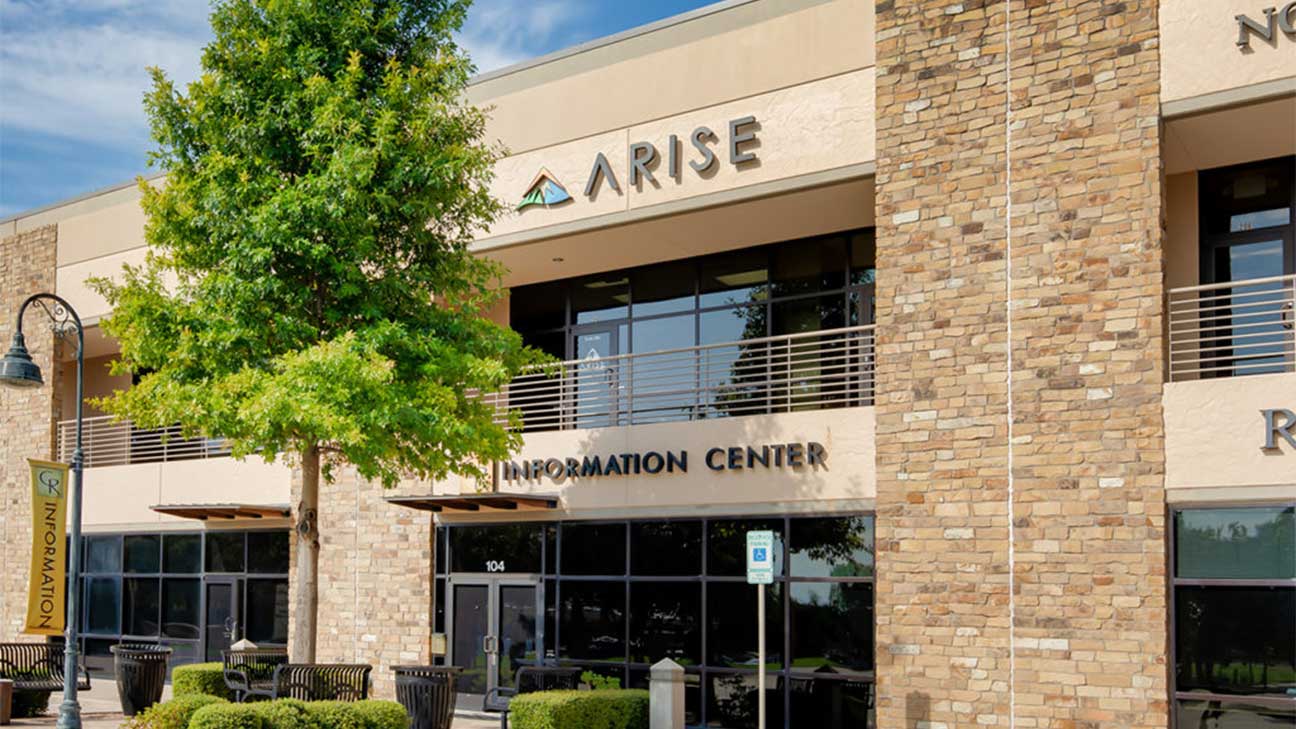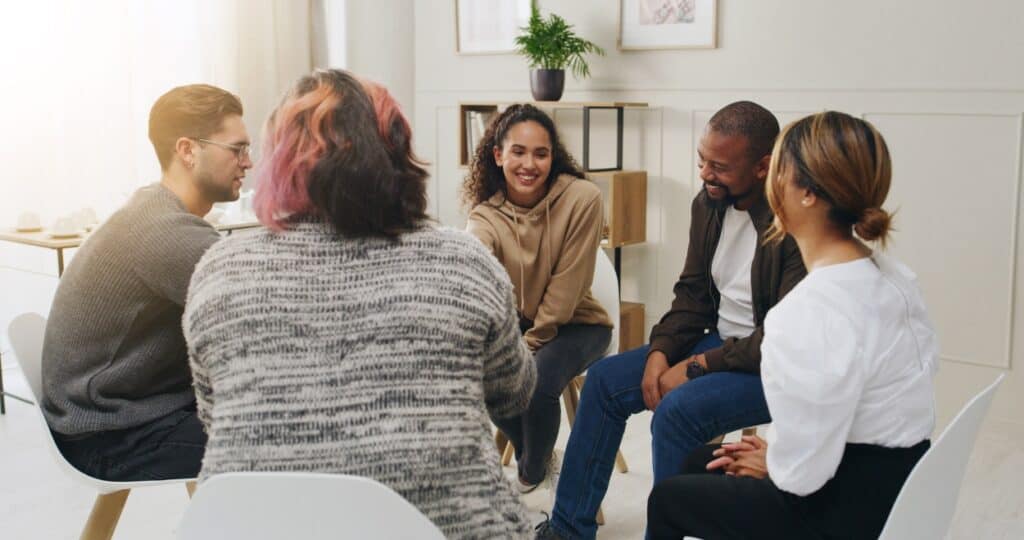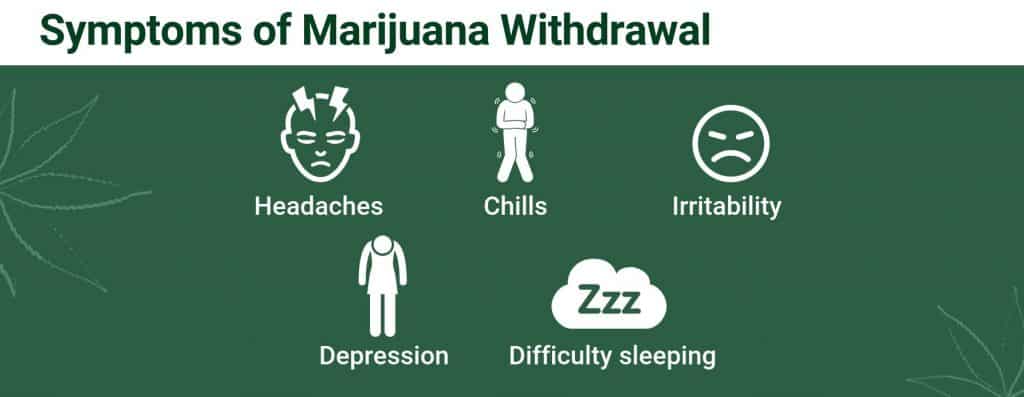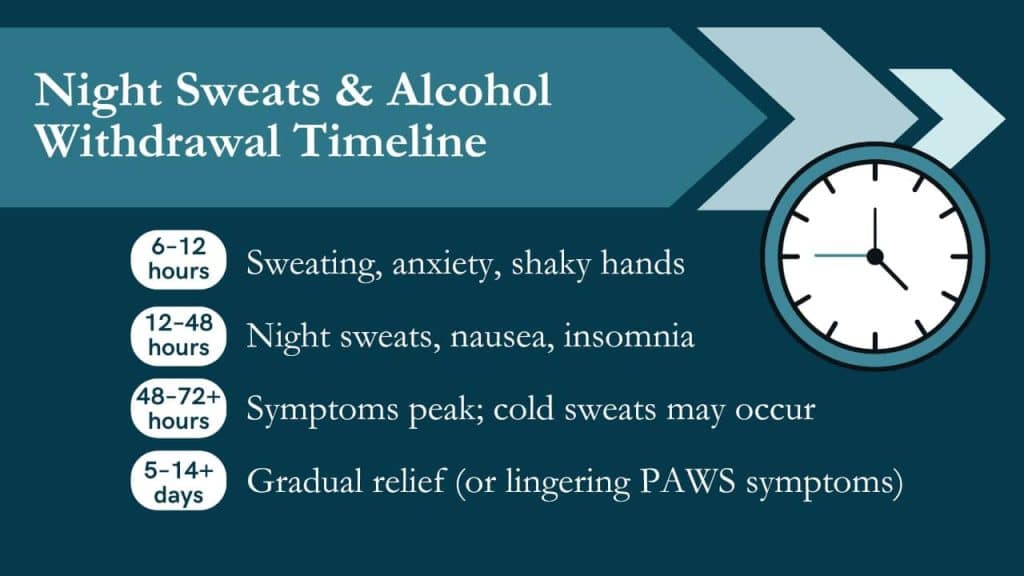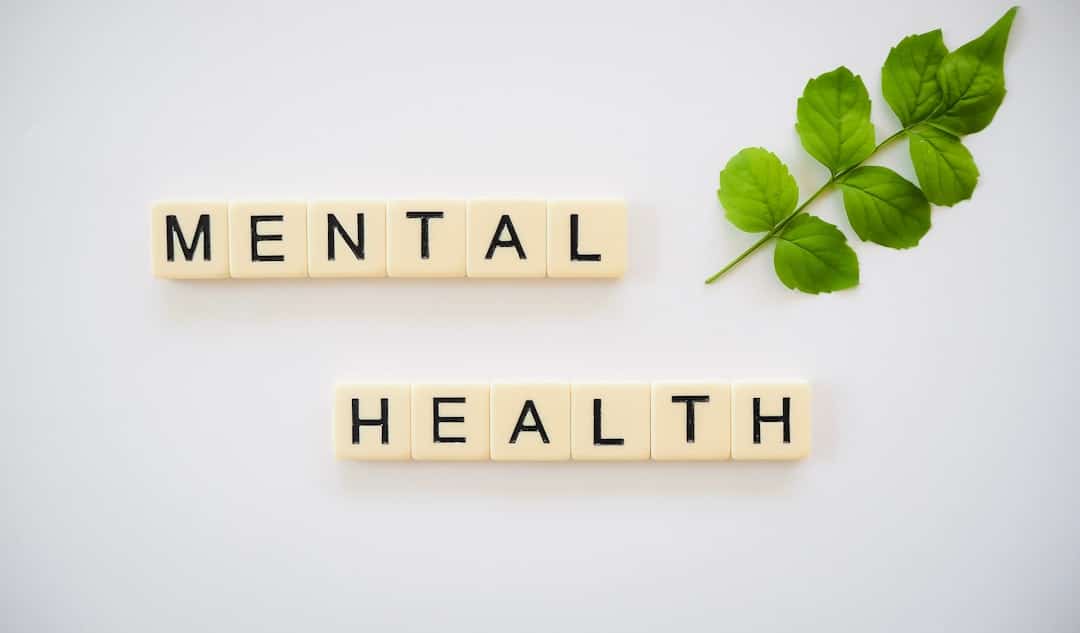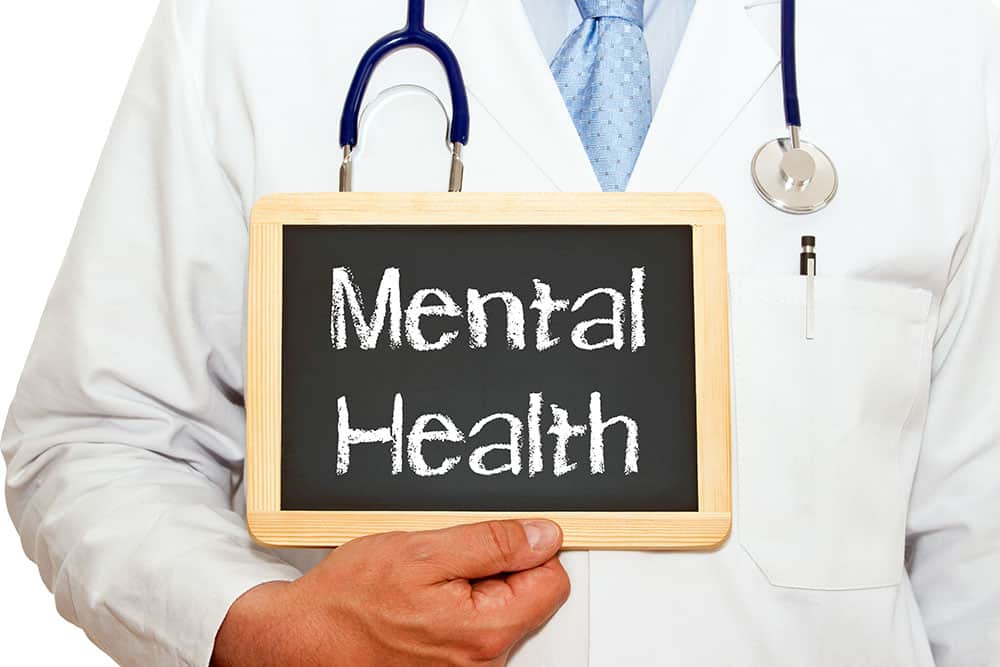
Why Access to Free Mental Health Support Matters Now More Than Ever
Free mental health resources can be life-changing when cost feels like an impossible barrier. If you or a loved one needs help, here are some immediate options:
Immediate Free Resources Available 24/7:
- Crisis Support: Call or text 988 for suicide and crisis counseling.
- Helplines: Call the NAMI HelpLine (1-800-950-6264) for information and support.
- Text Support: Text HOME to 741741 for the Crisis Text Line.
- Online Treatment Locator: Visit FindTreatment.gov to find facilities near you.
- Community Health Centers: Access low-cost or free care at findahealthcenter.hrsa.gov.
Millions of Americans face mental health challenges but don’t seek help, often due to cost. However, free mental health support—from crisis lines to community clinics—is available nationwide. The main challenge is knowing where to look.
This guide provides seven straightforward ways to access quality mental health support without spending a dime. No insurance or complex paperwork is required—just clear paths to help.
At Addiction Helpline America, we connect individuals and families to free mental health and addiction resources. We know that immediate, compassionate support is crucial for recovery. This guide shares our expertise in navigating the system to find help fast.
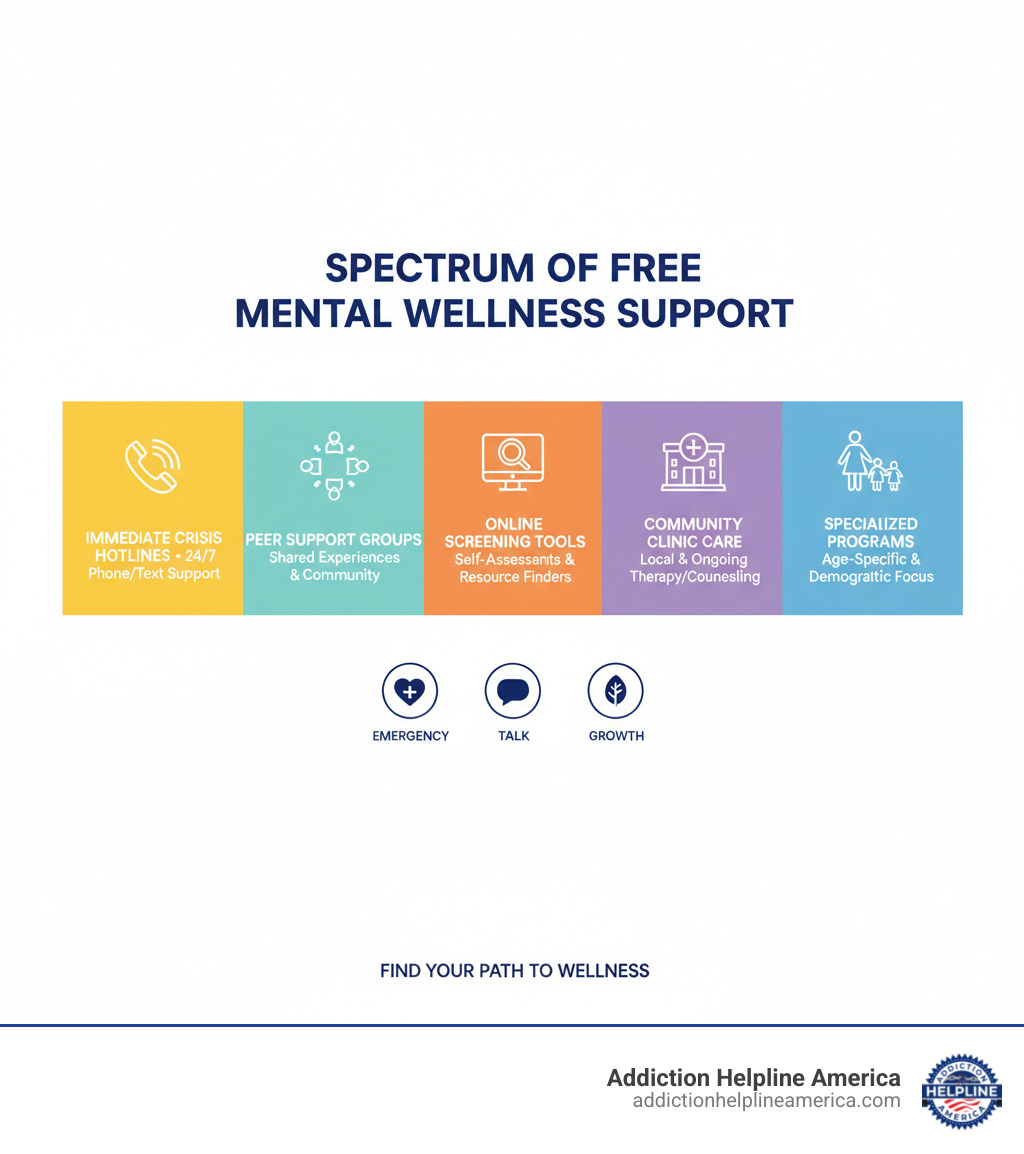
Free mental health vocab to learn:
Find Immediate Support: Crisis Lines, Peer Groups, and Screening Tools
When you’re struggling, knowing where to start is often the hardest part. Immediate, confidential free mental health support is available right now, with no appointments or insurance required.
Access Free, 24/7 Crisis Support
If you’re in crisis, trained, compassionate people are ready to listen. These services are designed for moments when you need help right now.
988 Suicide & Crisis Lifeline: For unbearable moments, dial or text 988 anytime in the U.S. You can also chat online at 988lifeline.org. TTY users can use their preferred relay service or dial 711 then 988. This service provides immediate suicide prevention and crisis intervention.
Crisis Text Line: If you prefer texting, text HOME to 741741 to connect with a trained volunteer Crisis Counselor. It’s a discreet way to get support for anxiety, loneliness, or self-harm thoughts. You can also reach them via WhatsApp by texting HOME to 1-443-787-7678.
Veterans Crisis Line: For veterans, service members, and their families, this line offers specialized support from responders who understand military life. Call 988 and press 1, start a Crisis Chat, or text 838255.
Disaster Distress Helpline: For emotional distress after a natural disaster or traumatic event, call or text 1-800-985-5990. Deaf and Hard of Hearing ASL users can connect via videophone at samhsa.gov/ddh.
These services are confidential. You control the conversation and only need to share what feels comfortable to get the immediate support you need.
Connect with Peer Support and Warm Lines
Sometimes, you just need someone who gets it. Peer support connects you with people who have been where you are and can offer understanding and hope.
7 Cups: This global community offers over 563,000 trained listeners for free, anonymous emotional support 24/7. Connect with a listener to talk through difficult emotions or join community forums to share experiences.
NAMI HelpLine: This free, nationwide peer-support service provides emotional support, mental health information, and resource referrals. Call 1-800-950-NAMI (6264) Monday-Friday, 10:00 AM to 10:00 PM ET, or text NAMI to 62640. It’s not for crisis intervention but is excellent for guidance and connection.
Warm Lines: These are peer-run phone lines staffed by people with lived mental health experience. They are perfect for non-crisis moments when you need someone to talk to. Many states offer 24/7 warm lines for free, confidential support. At Addiction Helpline America, we can help you find confidential addiction and mental health support today through our network.
Peer support offers human connection without clinical pressure, diagnosis, or a formal treatment plan.
Use Online Screening Tools to Gain Insight
If you’re wondering whether your feelings warrant professional help, online screening tools offer a private, pressure-free way to gain clarity.
These free mental health tools are not diagnostic tests, but they can help you recognize patterns and give you the language to describe your experience. This self-awareness is a crucial first step.
Clinically validated tools include:
- Depression: The PHQ-9 (Patient Health Questionnaire-9) asks about your mood over the past two weeks. Take it here.
- Anxiety: The GAD-7 (Generalized Anxiety Disorder 7-item scale) assesses worry and nervousness. Take it here.
- Alcohol Use: The AUDIT (Alcohol Use Disorders Identification Test) helps determine if your drinking might be problematic. Take it here.
These tools are anonymous and provide immediate feedback on symptom severity. While higher scores suggest you might benefit from professional help, only a qualified clinician can provide a diagnosis.

For children and teens, symptoms can present differently. Parents and teens should discuss screening results with a provider specializing in youth mental health. Think of these screenings as a mirror—a powerful first step toward understanding and healing.
Locate Specialized and Local Free Mental Health Programs
For ongoing support, free mental health programs exist in communities nationwide, many designed for specific needs. Whether you need local help, resources for a specific age group, or specialized support, there are paths forward.
How to Find Free Mental Health Services in Your Local Area
Finding local help shouldn’t be complicated. These tools can connect you to services in your community:
FindTreatment.gov: This SAMHSA tool is like a mental health Google Maps. Search by location and filter by service type, payment options (including free or sliding-scale), and special programs.
211 Hotline: Dial 211 or visit 211.org to connect with local community resources, including mental health, housing, and food assistance.
Community Health Centers: These federally funded centers provide primary, dental, and mental health care on a sliding fee scale based on income. They serve everyone, regardless of ability to pay. Find one at findahealthcenter.hrsa.gov.
NAMI (National Alliance on Mental Illness) HelpLine: Beyond national support, NAMI can connect you to local affiliates and support groups. Find a helpline in your area for resources familiar with your community.
State Health Departments: Search your state’s Department of Mental Health website for local initiatives and directories.
Addiction Helpline America’s mission is to connect people to treatment. Our guide on Free Rehab Centers Near Me – Complete Guide offers more insights into finding no-cost care.
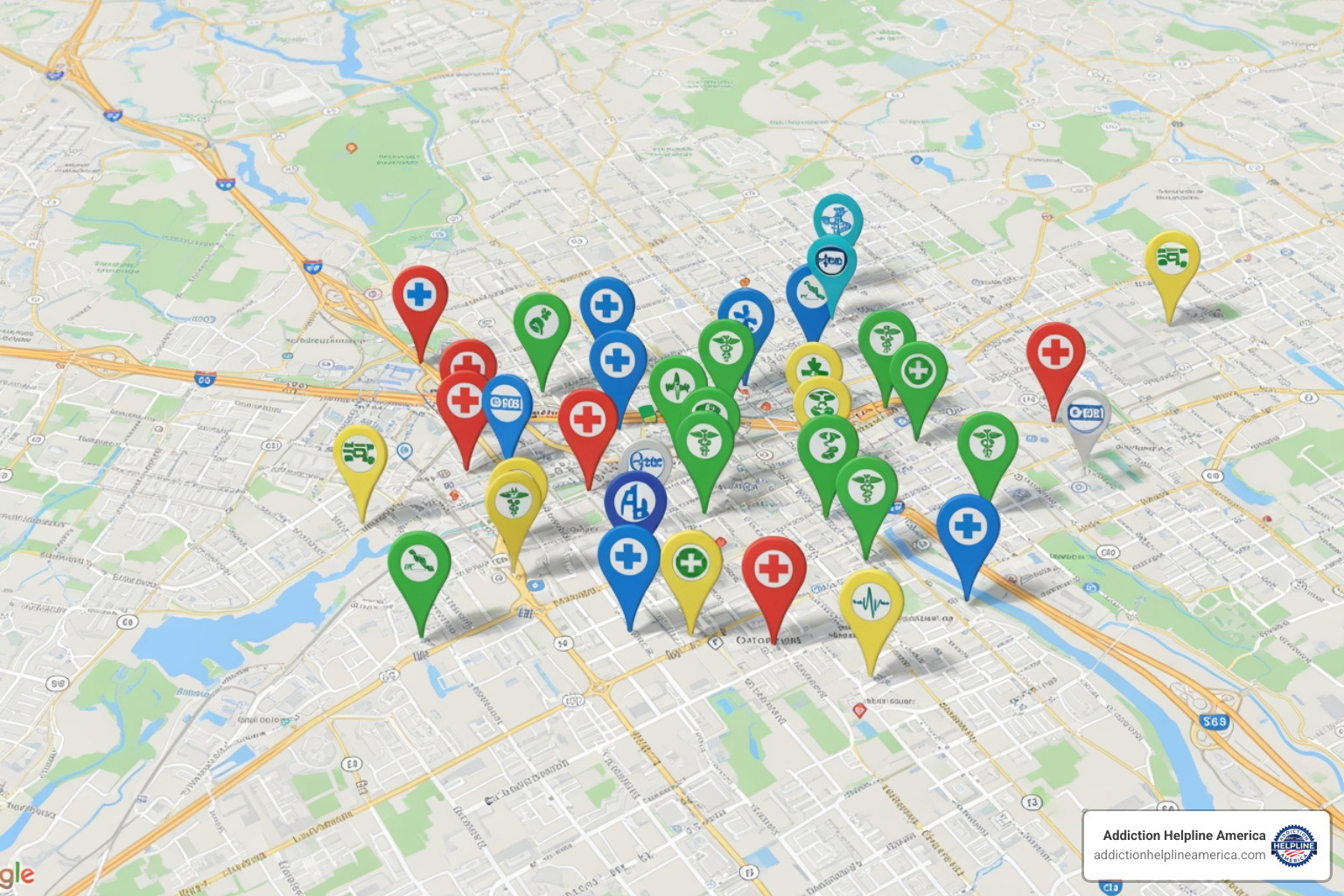
Support for Specific Age Groups (Youth, Adults, Seniors)
Mental health needs vary by life stage. Age-specific free mental health resources are designed to meet these unique challenges.
For Children and Teens (Ages 0-25): Early intervention is key. Look for programs offering coaching for kids and caregivers. For teens and young adults (13-25), platforms like 7 Cups and NAMI’s Teen & Young Adult HelpLine offer peer support. Our Youth & Family Resources page can help find programs for younger populations.
For Adults: Most crisis lines, peer groups, and community health centers are designed for adults. FindTreatment.gov is especially useful for finding ongoing treatment for anxiety, depression, or co-occurring disorders.
For Older Adults: Mental health challenges in seniors are often overlooked. The Friendship Line offers peer support to combat isolation, and the Eldercare Locator (1-800-677-1116) connects seniors to local services.
When searching, mention the specific age range to find the most appropriate resources quickly.
Resources for Specific Concerns (Anxiety, Depression, Substance Use)
Sometimes you need support that understands your specific struggle. Here are resources for common and specialized concerns:
Anxiety and Depression: The PHQ-9 and GAD-7 screening tools are great starting points. Most community mental health centers, NAMI support groups, and peer platforms like 7 Cups can provide ongoing help.
Substance Use Disorders: Mental health and substance use often co-occur. SAMHSA’s FindTreatment.gov helps locate integrated treatment. You can also call SAMHSA’s National Helpline at 1-800-662-HELP (4357) or text your ZIP code to 435748 (HELP4U). Our Free Drug Rehab Centers Guide 2025 provides more details.
Veterans: The Veterans Crisis Line (call 988 and press 1, or text 838255) offers specialized support from responders who are often veterans themselves. Our Veterans Support page has more resources.
Maternal Mental Health: For struggles during or after pregnancy, Postpartum Support International (PSI) offers resources at postpartum.net. Some states also have dedicated hotlines like 1-833-TLC-MAMA (833-852-6262).
Victims of Violence and Abuse: Trauma requires specialized support. Key lifelines include:
- National Domestic Violence Hotline: 800-799-SAFE (7233) or text “START” to 88788.
- National Sexual Assault Hotline: 800-656-HOPE (4673).
- National Human Trafficking Hotline: 1-888-373-7888.
- National Child Abuse Hotline: 1-800-4AChild (1-800-422-4453).
Whatever you’re facing, you don’t have to figure it out alone.
Steer the System: What to Expect and How to Prepare
Seeking help can feel daunting. This section demystifies the process, explaining eligibility, what to prepare, and the realities of free services.
Who is Eligible for Free Mental Health Services?
Many pathways to free mental health support exist. Don’t assume you don’t qualify.
Medicaid and CHIP: These federal-state programs provide comprehensive mental health coverage based on income and family size. Check your eligibility at HealthCare.gov.
Marketplace Health Plans: Even if you don’t qualify for Medicaid, you may be eligible for subsidized plans on HealthCare.gov that make mental health coverage affordable or free.
Community Health Centers: These centers operate on a sliding scale fee, offering free services to those with little or no income. They must serve everyone, regardless of insurance status. Find a center at findahealthcenter.hrsa.gov.
State and Crisis Services: Many states offer their own free programs (check your state’s health department website). Crisis services like the 988 Lifeline and Crisis Text Line are available to everyone, with no eligibility requirements.
Emergency Care: Hospitals must provide screening and stabilizing treatment for a psychiatric emergency, regardless of your ability to pay.
For substance use concerns, our Free Drug Rehab Centers Guide 2025 has more eligibility details. The best advice is to reach out directly—staff can help you steer your options.
What Information Should I Be Prepared to Share?
The information you share depends on the service, and you are always in control.
For Crisis and Peer Support Lines: The focus is on your immediate emotional state. You’ll be asked how you’re feeling and what’s happening right now. These services are often anonymous, and you only need to share what feels comfortable.
For Community Health Centers/Clinics: An intake appointment will require more detail to determine eligibility and create a care plan. Be prepared to share:
- Basic demographics (name, address, contact info).
- Income and insurance information (for sliding scale fees).
- Mental health history and current symptoms.
- Relevant medical history.
Writing down key points beforehand can help you feel more prepared. All information shared with providers is protected by strict confidentiality laws.
Understanding the Limitations of Free Resources
Free mental health resources are life-saving, but it’s important to understand their limitations compared to paid options.
Key challenges can include wait times for ongoing therapy at community clinics and limited provider choice. The scope of services is often focused on crisis intervention, basic support, and referrals rather than long-term, intensive psychotherapy. Session frequency and length may also be more limited.
This comparison highlights the differences:
| Feature | Free Mental Health Services | Paid Mental Health Services |
|---|---|---|
| Wait Time | Can be significant for ongoing therapy; crisis lines are immediate | Generally shorter, varies by provider |
| Provider Choice | Limited; assigned based on availability | Wide selection of therapists and specializations |
| Session Length | May be standardized or shorter; crisis focused on immediate needs | Typically 45-60 minutes for therapy |
| Specialization | General support or common conditions; limited niche specialties | Access to highly specialized therapists |
| Continuity of Care | May vary; crisis lines are one-time contacts | Consistent long-term therapeutic relationships |
| Service Scope | Crisis intervention, basic support, referrals, peer groups | Comprehensive therapy, medication management, specialized treatments |
None of this diminishes the value of free services. They are a critical lifeline and an excellent starting point. For many, a combination of crisis support, peer connection, and community care is sufficient. For others, these services can act as a bridge to more comprehensive care when needed.
At Addiction Helpline America, we help you find the right level of care for your situation, whether it’s a free program, a sliding scale clinic, or a comprehensive treatment center.
Get Involved: How You Can Support Free Mental Health Initiatives
If you believe everyone deserves access to mental health care, there are meaningful ways to contribute. Your time, resources, or voice can help keep these free mental health lifelines available for others.

Volunteering: The Gift of Your Time and Compassion
Many organizations rely on volunteers. Crisis Text Line trains volunteers to become Crisis Counselors, providing text-based support. NAMI offers opportunities to volunteer as a HelpLine Specialist or facilitate a peer support group. You can explore NAMI’s opportunities on their volunteer page. Even administrative or outreach help at local organizations makes a huge difference.
Financial Support: Every Dollar Makes a Difference
Most organizations providing free mental health services are charities that rely on donations. Your financial contribution helps ensure 24/7 availability. You can donate directly to organizations like Crisis Text Line or your local NAMI affiliate. To support our mission at Addiction Helpline America, we invite you to Give Today to help us connect people to vital treatment.
Advocacy and Awareness: Using Your Voice
Speaking up is a powerful way to contribute. Share information about free resources, talk openly about mental health to reduce stigma, and contact your legislators to advocate for increased funding and access. The more you educate yourself and others, the more you can help. When communities come together, real change happens.
If you’re inspired to join us in this mission, we’d love to have you Learn More Volunteer With Us. Your support ensures that free mental health care remains accessible to everyone.
Conclusion
Taking the first step on your mental health journey is the most important one. As we’ve explored, a wide range of free mental health resources exists, from 24/7 crisis lines and peer support networks to local programs for every age and concern. Help is available without financial barriers.
Hope and recovery are achievable, and no one has to face their struggles alone. The pathways to support are numerous and accessible.
At Addiction Helpline America, we are dedicated to connecting individuals to addiction and mental health treatment centers with free, confidential guidance. We believe everyone deserves access to quality care. If you or a loved one needs support, please don’t hesitate to reach out.
Find confidential addiction and mental health support today
Our helpline is 100%
free & confidential
If you or someone you care about is struggling with drug or alcohol addiction, we can help you explore your recovery options. Don’t face this challenge alone—seek support from us.
Programs
Resources
Will my insurance
cover addiction
treatment?
We're ready to help
Find the best
drug or alcohol treatment
center
Are you or a loved one struggling with addiction? Call today to speak to a treatment expert.

